Biden, beware: the nationalist moment hasn’t passed
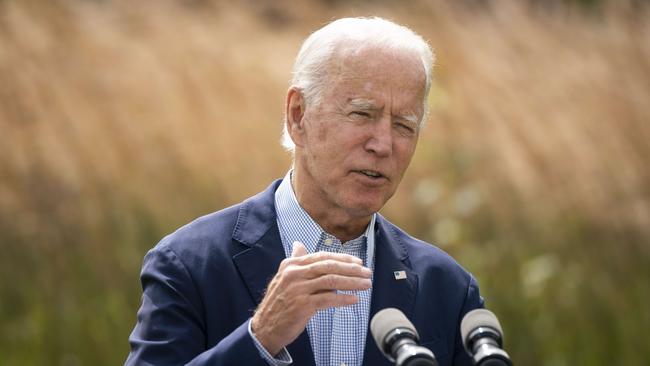
This year, those issues barely registered. They were largely absent from Mr Trump’s campaign speeches and ads, and didn’t rate among voters’ most important issues, according to exit polls.
Yet this doesn’t mean 2016 was an aberration and that globalism — the doctrine that says increased flows of people, goods, capital and ideas across borders are both inevitable and good — is once again triumphant.
Mr Trump arguably lost more because of his often divisive and norm-breaking behaviour than his specific policies (his coronavirus response was an exception). While the modern nationalist movement has lost its most prominent leader, it remains a force abroad.
Since 2016, right-wing nationalists have been re-elected in Hungary, Poland and India and taken office in Brazil. British Prime Minister Boris Johnson won a resounding majority by promising Britain would leave the European Union, which it has. True, support for right-wing anti-immigration parties in Western Europe has plateaued, but that’s partly because centrist ruling parties have themselves taken a tougher line on border controls and refugees.
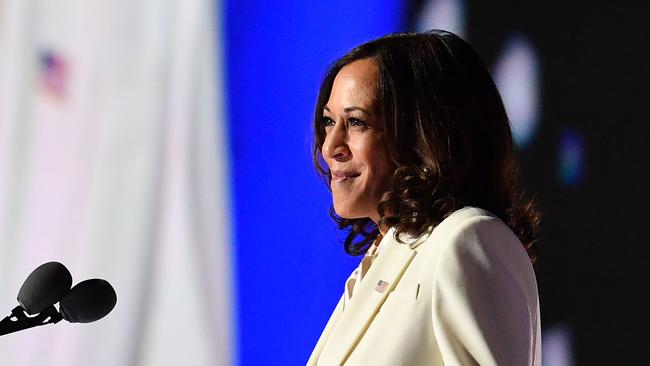
On immigration, trade and climate change, President-elect Joe Biden has promised a course correction that moves the US back toward openness to and engagement with the world. But how he does so will determine whether he soothes or aggravates the backlash that helped elect Mr Trump four years ago.
Immigration
A majority of Americans say immigration is good for the country, and such support grew under Mr Trump. They also broadly back legal status for longtime migrants lacking it, especially those who came as children, the “dreamers.” So Mr Biden will have the public on his side in reversing Mr Trump’s restrictive policies.
At the same time, Americans think borders matter and don’t support decriminalising unauthorised border crossings — a position held by many contenders for the Democratic presidential nomination, though not Mr Biden.
There is a risk that, in reversing Mr Trump’s harshest policies, Mr Biden triggers a flood of economic migrants without valid claims to asylum, eroding public support and potentially re-inflaming tensions over immigration.
Trade
Mr Biden plans to work with allies to confront China rather than antagonise them with tariffs such as those on steel. But US allies cooperate when it is in their interest, not because the US asks nicely.
Many were reluctant to act on China’s trade transgressions for fear of losing business there. Britain, one of the US’s closest allies, didn’t ban equipment made by China’s Huawei Technologies Co from its 5G telecom networks until US sanctions threatened to deprive Huawei of vital components.
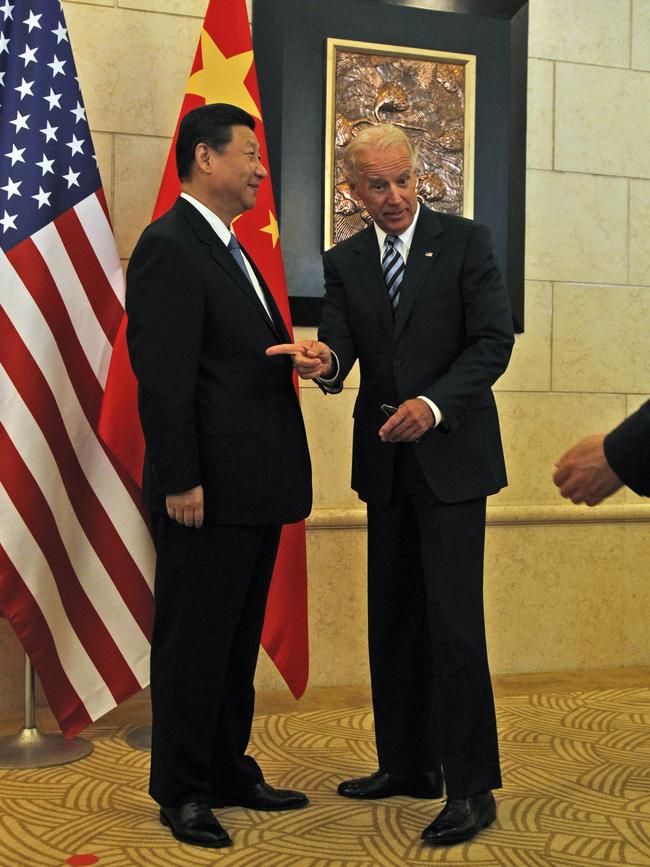
After Mr Trump paralysed dispute resolution at the World Trade Organisation by blocking appointments to its top appeals panel, the world is eager for the US to once again play by its rules. But what if Mr Biden allows the panel to begin operating and it then upholds a lower-panel ruling that US tariffs on China are illegal? Would he repeal them, losing leverage over China?
Mr. Trump pulled the U.S. out of the Trans-Pacific Partnership with 11 other countries, a pact negotiated when Barack Obama was president and Mr Biden vice president. Mr Biden will be urged to rejoin, to build a united front against China, which isn’t a member.
Yet the pact’s rules of origin for exports between members could in theory allow cars with mostly Chinese content to enter the US at preferential duty rates, threatening an industry Mr. Biden has pledged to protect.
Mr Biden must find a way to re-engage with the world without compromising constituencies such as manufacturing workers who feel they lost from past engagement with other nations, especially with China.
Climate
One line from his debates with Mr Trump that Mr Biden would probably like to take back was his declaration, “I would transition away from the oil industry.”
In truth, the fate of the US oil industry depends not on any individual, including Mr Biden, but on global demand. Transitioning from natural gas isn’t an option for the foreseeable future, either: It is a necessary backstop to renewables, and a bridge fuel for other countries shifting away from coal.
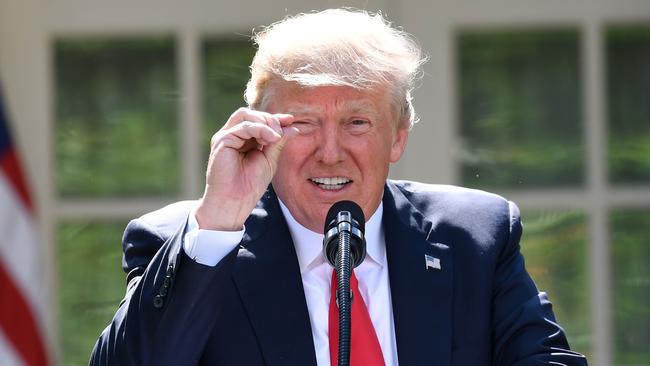
Climate activists may press Mr Biden to use every regulatory lever at his disposal to leave fossil fuels in the ground, such as by slowing or halting permits for oil and gas pipelines and exports. But if the rest of the world fails to curb its consumption of fossil fuels, foreign suppliers would fill the void, putting Americans out of work while accomplishing little for the climate. That won’t seem like a reasonable trade-off to oil and gas workers in Texas and Pennsylvania.
Mr Biden could counter that with a climate policy that steers American consumers toward renewables via subsidies and infrastructure or a carbon price. If the rest of the world is serious about climate change, it can do the same.
But so long as other countries keep consuming oil and gas, Mr Biden should ensure US producers get a shot at supplying it. Climate policy is less likely to face a nationalist backlash if it puts America first.
Wall Street Journal

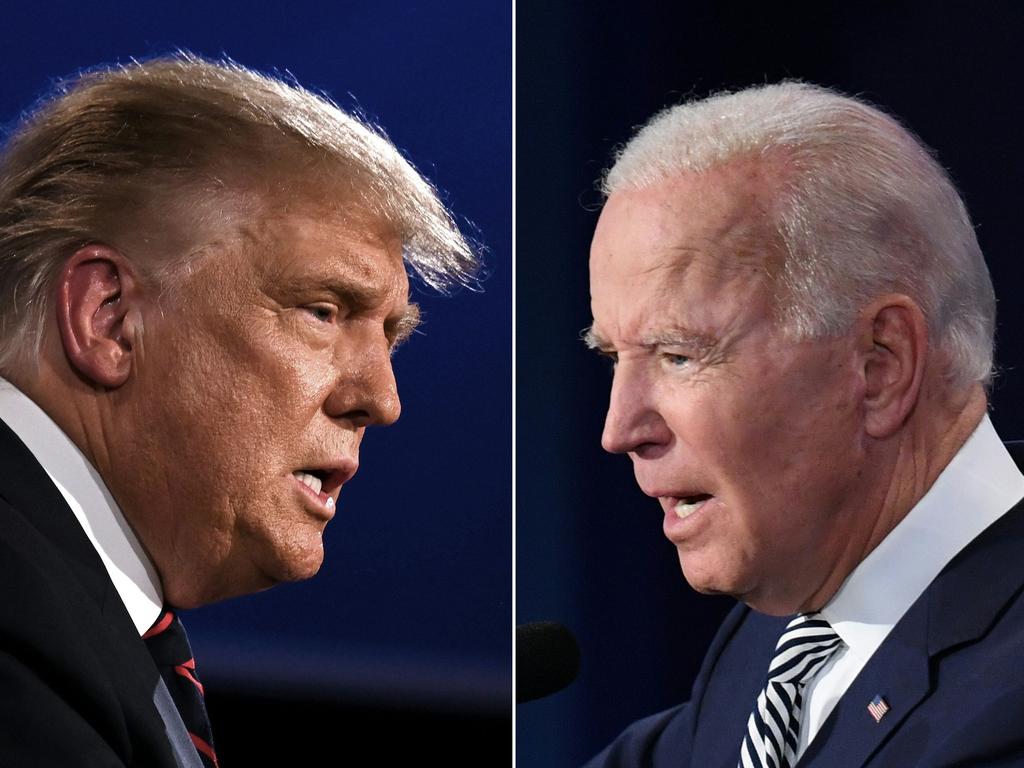
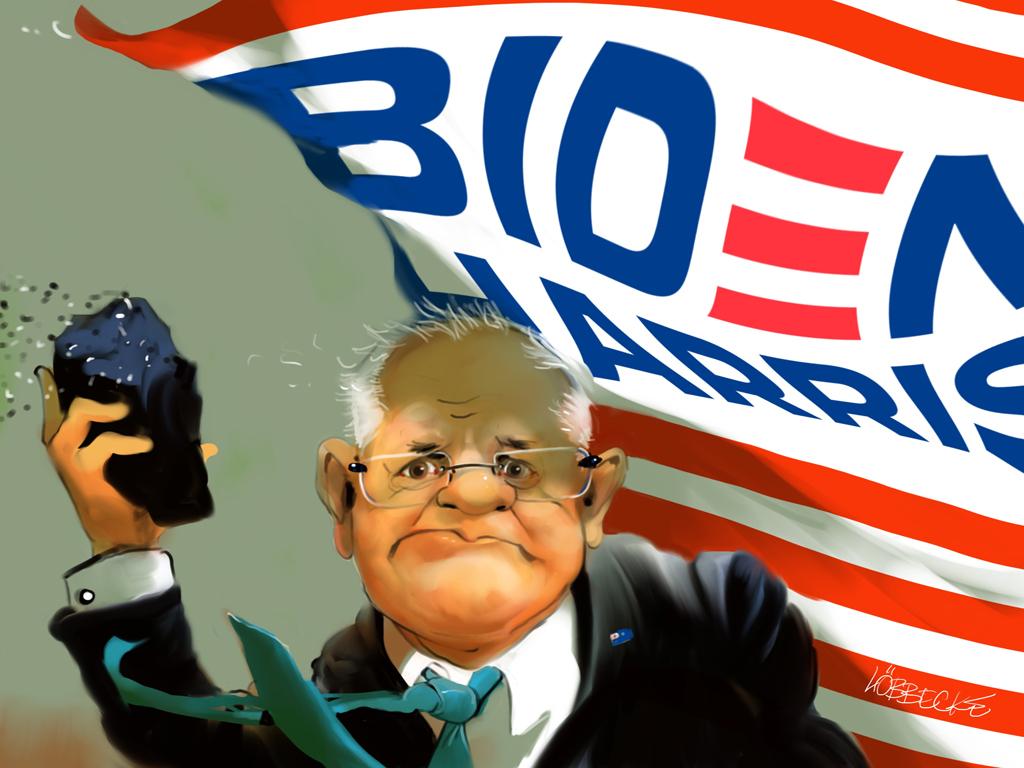
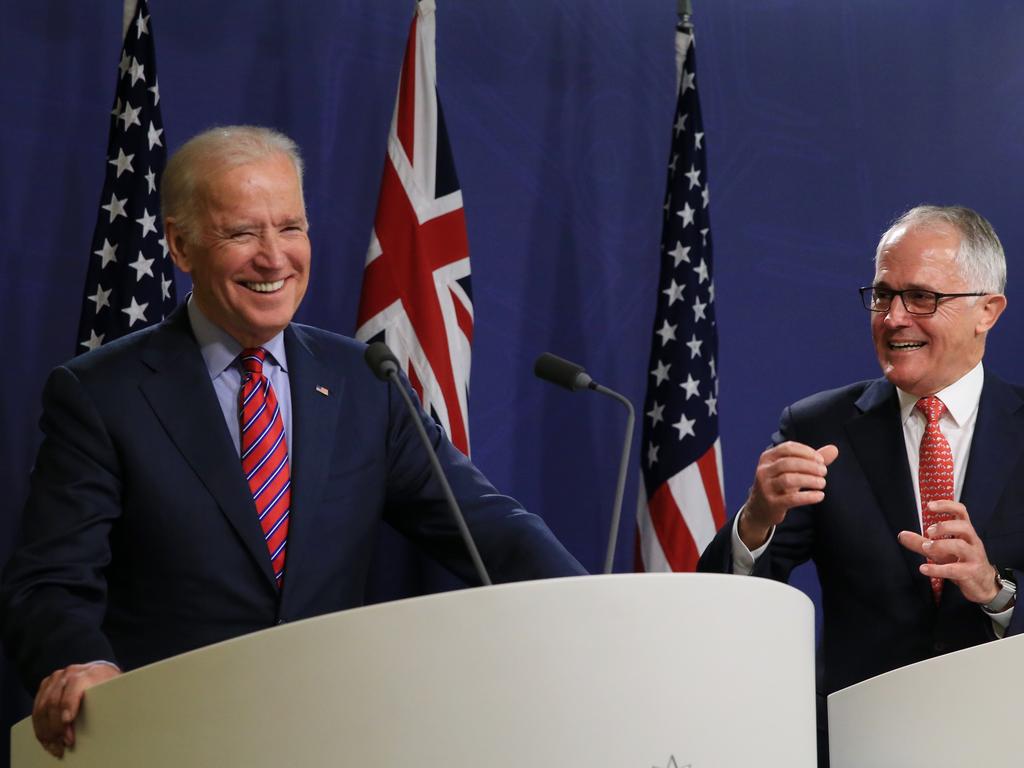
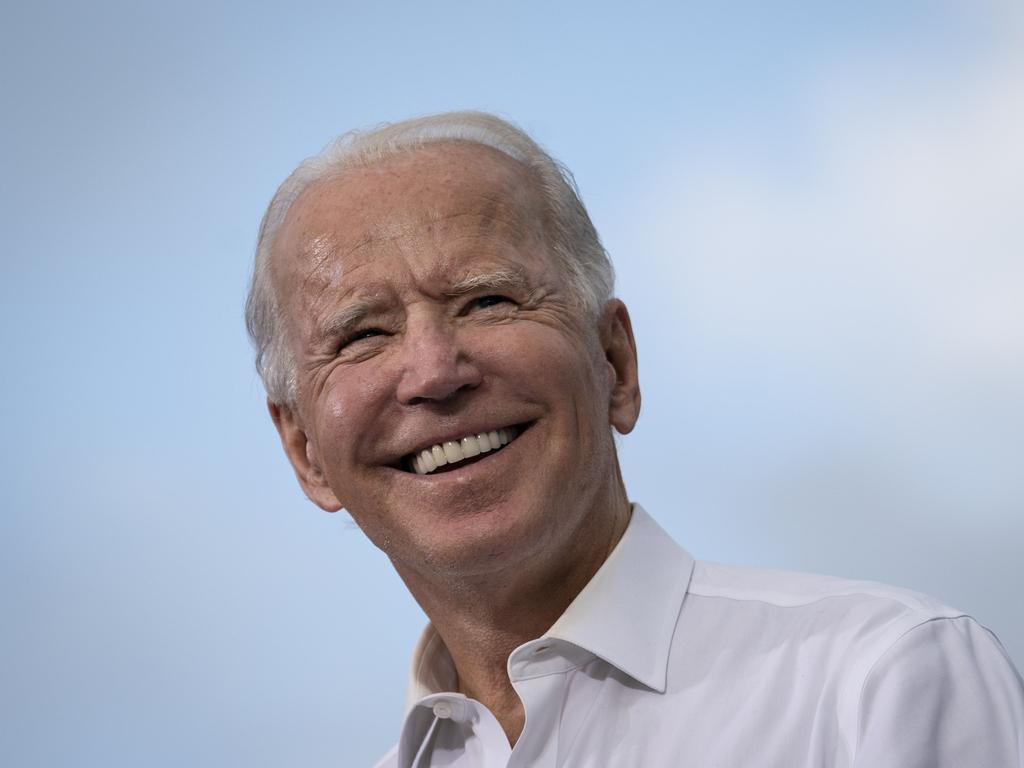

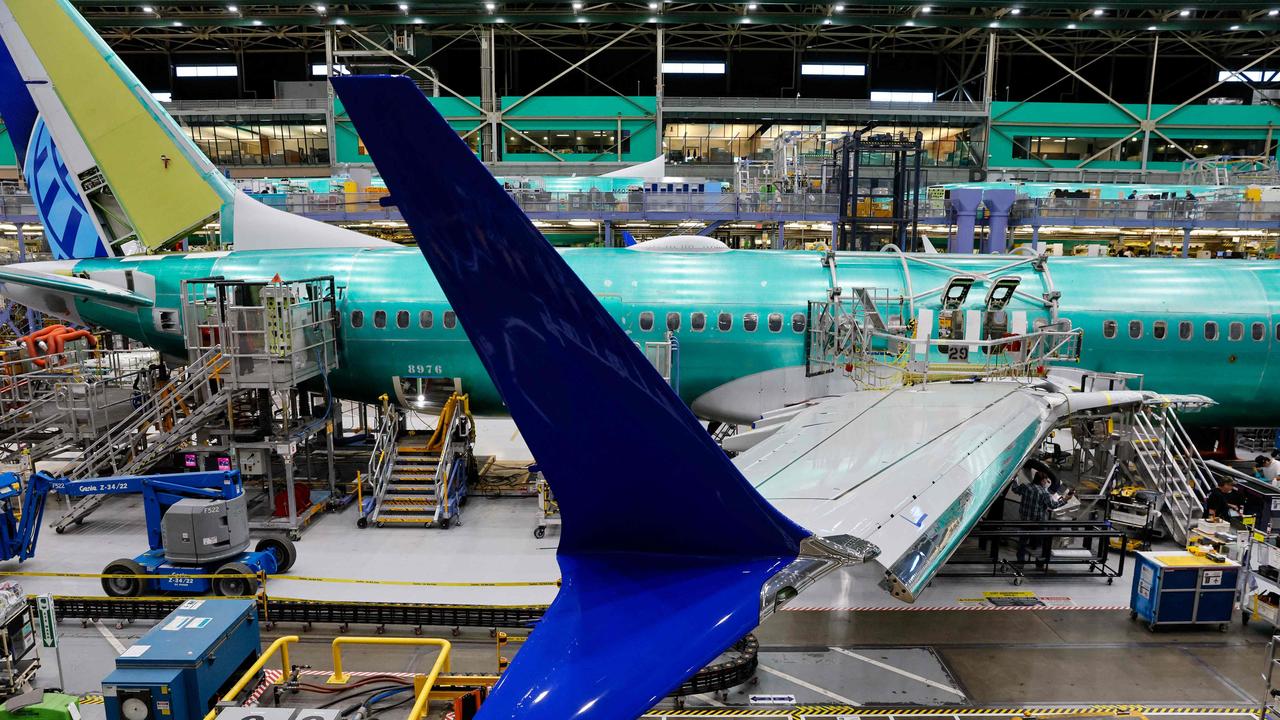
Donald Trump’s election in 2016 was widely seen as a rebuke of globalisation, immigration and free trade.